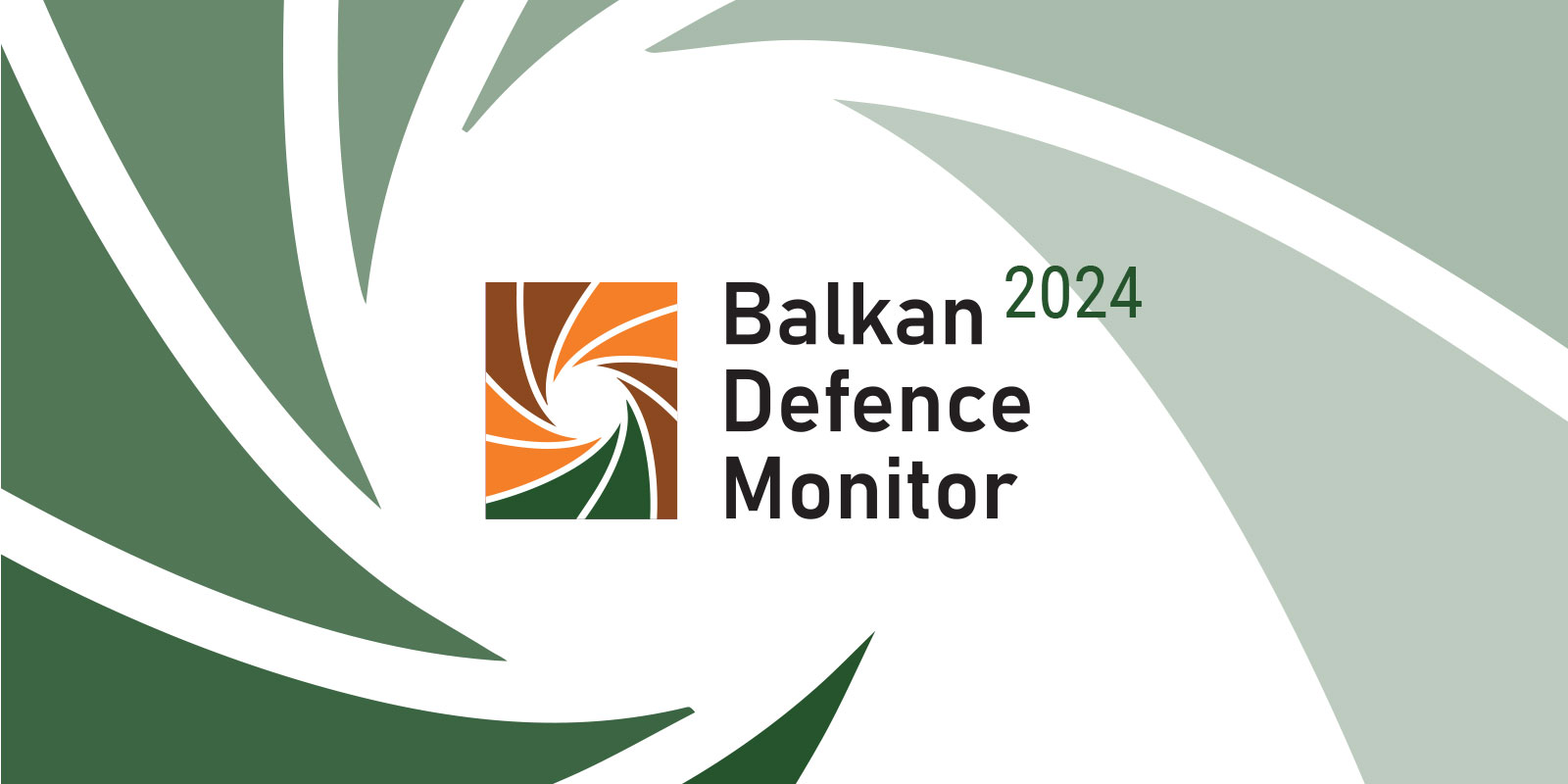PUBLICATION: Analysis
Road safety in Serbia: a priority or a neglected area?
The case study applies "PRO-CURE" methodology to analyse performance of expenditures for equipping the traffic police at the local level. The author particularly questions the difference between the proclaimed strategic priorities of the Ministry of Interior and its annual procurement plans, as well as the the distribution of the burden of financing the traffic police between Ministry of Interior and local governments.
Poor public procurement planning and the unresponsiveness of the Ministry of Interior to the needs of the local units of the traffic police can have a significant impact on the reduction of traffic safety. Therefore, the burden of financing shifts to local governments, which are forced to allocate funds from their budget or from other sources available to them and help traffic police on their territory by providing them with much-needed equipment. Although such a role of local governments is legally permissible, it is important to emphasize that they are not primarily responsible for such tasks.
The case of procurement of radars for the Traffic Police Department of Alibunar Police Station conducted in the spring of 2015, revealed all the problems that can occur when local governments are involved in the procurement of basic equipment of the traffic police. The tender documentation had been changed several times, which caused postponing the submission deadlines for bidders.
There was a significant difference between the estimated value of procurement and price of the accepted offer. In addition, a number of questions set by the interested parties regarded the technical specifications of procurement because of the suspicion that one manufacturer was favoured.
At the end of the analysis, the author points out that it is necessary to significantly improve the system of procurement planning at the central level of the Ministry of Interior and ensure better communication between the central and local levels of government, so that it is easier and simpler to spot the real needs of local authorities and include them in the procurement plan.
The publication is the result of work on the project “PRO-CURE Strengthening civilian control over public procurement in the security sector” funded by the European Union through the project Support to Civil Society 2013 and the Office for Cooperation with Civil Society of the Government of the Republic of Serbia.
PDF PREVIEW
RELATED

Date: 26.03.2025.
Author: Isidora Stakić |
Human rights defenders are people who act, individually or jointly, to advance human rights and fundamental freedoms and fight for their protection at the local, national and international levels.

Date: 13.06.2024.
Author: Jelena Pejić Nikić | Predrag Petrović |
There are many findings of domestic and foreign research organisations that unequivocally indicate that Serbia is a captured state, with a hybrid political regime. Security institutions play a major role in the capture of the state and the collapse of democracy in Serbia, as well as in preserving the situation the way it is.

Date: 27.02.2024.
Author: Belgrade Centre for Security Policy |
We present you the new Balkan Defence Monitor - independent and comprehensive source of information regarding defence topics in the region.



